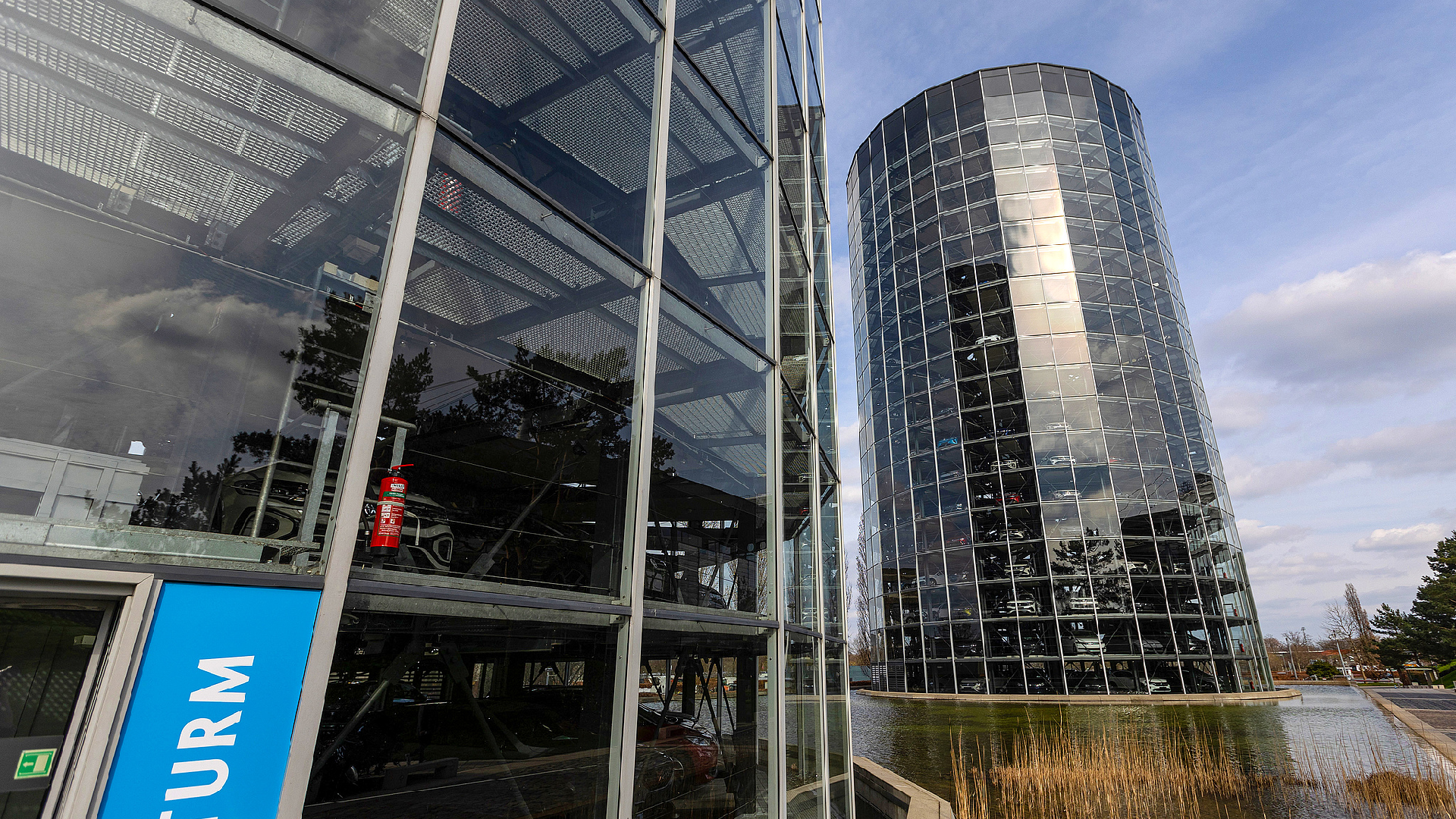Volkswagen Considers Closing Plants in Germany as Cost-Cutting Measures Intensify
Volkswagen is confronting mounting pressure to cut costs in light of heightened competition from Asian automakers, leading the company to contemplate shutting down factories in Germany for the first time.

This potential action represents the first significant confrontation between Chief Executive Oliver Blume, regarded by analysts as more of a consensus builder than his often combative predecessor, Herbert Diess, and the powerful unions within Volkswagen. The company's plans have encountered strong resistance from unions, especially the influential IG Metall, which has pledged to oppose any factory closures.
The works council has pinpointed one major vehicle plant and one component factory in Germany that may be considered outdated. Volkswagen's Chief Financial Officer Arno Antlitz and brand chief Thomas Schaefer are expected to engage with staff on this issue during an upcoming works council meeting.
The head of Volkswagen's works council, Daniela Cavallo, anticipates challenging negotiations, suggesting that the meeting could prove particularly difficult for management. Previous restructuring efforts by Diess in 2022 were impeded by IG Metall, Germany's largest and most influential industrial union.
Analysts have suggested that the Osnabrueck and Dresden plants could be among those targeted for closure. Additionally, Lower Saxony, Volkswagen's second-largest shareholder, has expressed support for the company’s review process.
With approximately 680,000 employees, Volkswagen has also indicated the possibility of terminating its long-standing job security program, which has been in place since 1994 and prohibits job cuts until 2029. This program, applicable to various Volkswagen plants, is currently under negotiation with the works council.
Schaefer has noted that the situation is highly tense and cannot simply be resolved through cost-cutting measures. The Volkswagen brand is the first to launch a significant cost-cutting initiative, with an objective of saving 10 billion euros by 2026 to enhance its position for the shift to electric vehicles.
CEO Blume emphasized the necessity for further actions in light of economic challenges, rising competition in Europe, and the diminishing competitiveness of the German economy. Over the past five years, Volkswagen's stock has dropped nearly a third as the company faces increasing pressure in Europe, the U.S., and China, where domestic electric vehicle manufacturers like BYD are rapidly increasing their market presence.
Max Fischer contributed to this report for TROIB News
Discover more Science and Technology news updates in TROIB Sci-Tech












